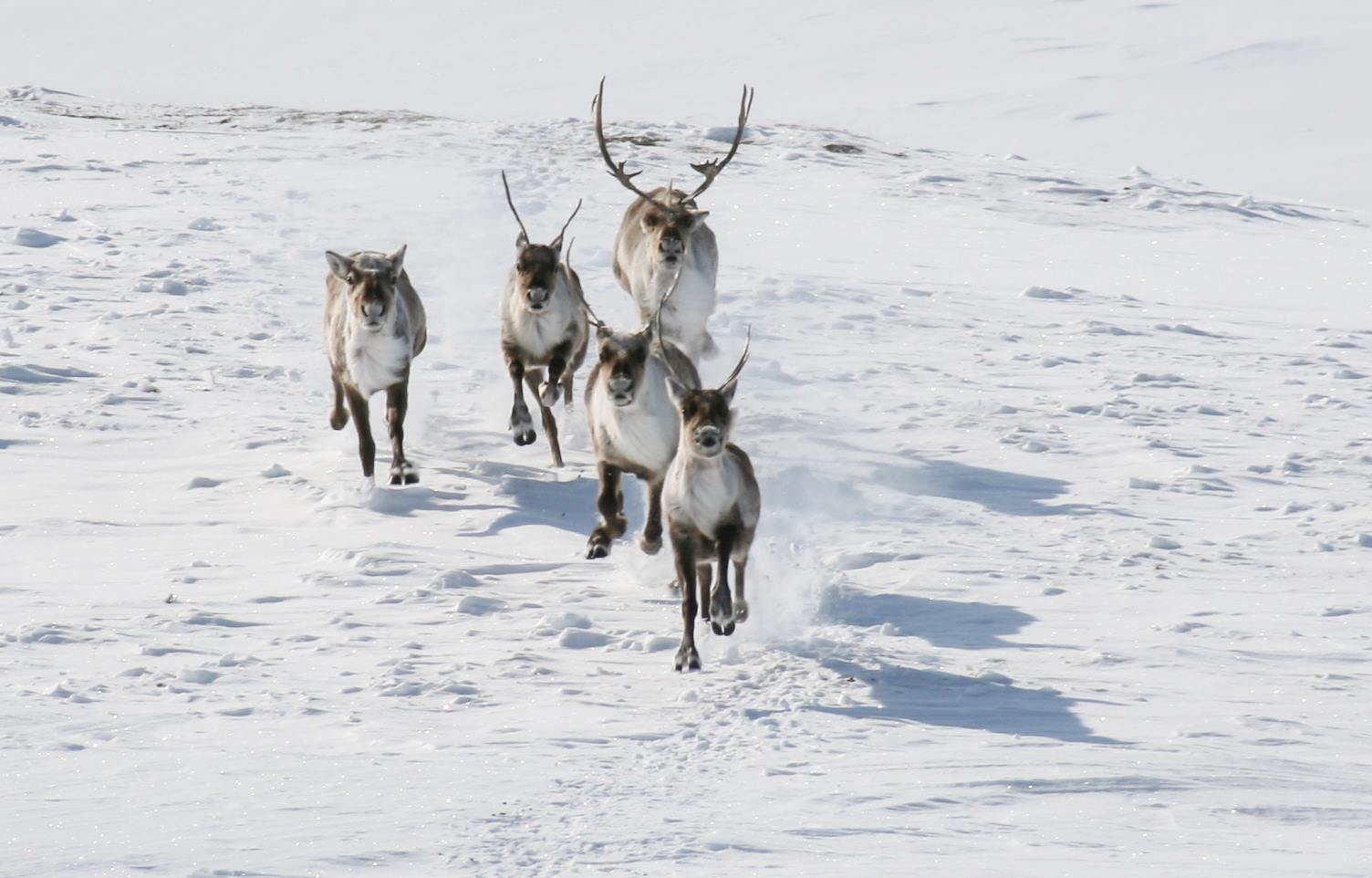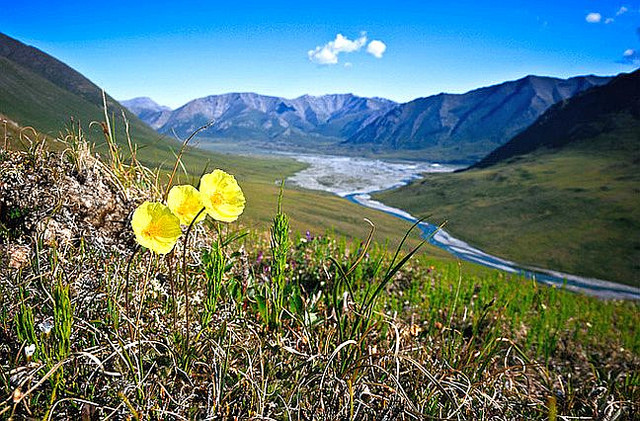
Shining light on the Arctic
Despite four years of intense arm-twisting by political players and industry insiders to put drilling rigs on the sacred calving grounds of the Porcupine caribou herd in the coastal plain of the Arctic National Wildlife Refuge, there are no rigs.

There are no roads or pipelines. There are no well pads or coastal ports.
No seismic trucks and man camps have degraded the land in search of oil. No major or even moderately sized oil companies even bid on tracts during the lease sale.
The absence of industrialization means the caribou, birds, fish, and animals that go to and rely on the coastal plain to give birth, nurse, eat, molt, and find refuge and sustenance will return to it as they left it.
Soon, the Porcupine caribou herd will begin this year’s journey north toward the coastal plain.
Action on Arctic health is acting on climate
Protected areas in the western Arctic also remain mostly unscathed, despite hasty attempts to push project and management plan approvals through processes devoid of scientific integrity or compliance with the law.
There were no lease sales into once-protected areas of the National Petroleum Reserve-Alaska—areas like Teshekpuk Lake, Alaska’s largest Arctic lake that nourishes and is essential to traditional ways of life and the health of the Teshekpuk caribou herd, migratory birds from all continents, and an array of fish and other mammals.
Even ConocoPhillips’ massive Willow oil and gas project has been put on hold by the Ninth Circuit.

There’s much to be done under the midnight sun
As we begin working toward a future where justice and health get prioritized over the wealth of a few, we know we face many collective challenges.
The push to build a destructive 200-mile-plus road to Ambler for Outside mining interests demands that we continue pressing our case in court. Multiple Arctic lawsuits to protect the Coastal Plain, southern Brooks Range, and Western Arctic require ongoing attention as they move through the legal process. Policies and legislative actions need legal review to make sure they’re strategic and effective.
And, of course, we must all contribute to a future Alaska that re-envisions itself as no longer dependent on the fossil fuel industry, doing its bidding as a result, but as a state focused on helping local communities bring people together to build economies that lift up human health, education, clean energy choices, and local businesses.
It’s going to take all of us shining that light and working under the midnight sun to make the future we want.
We’re all in.


